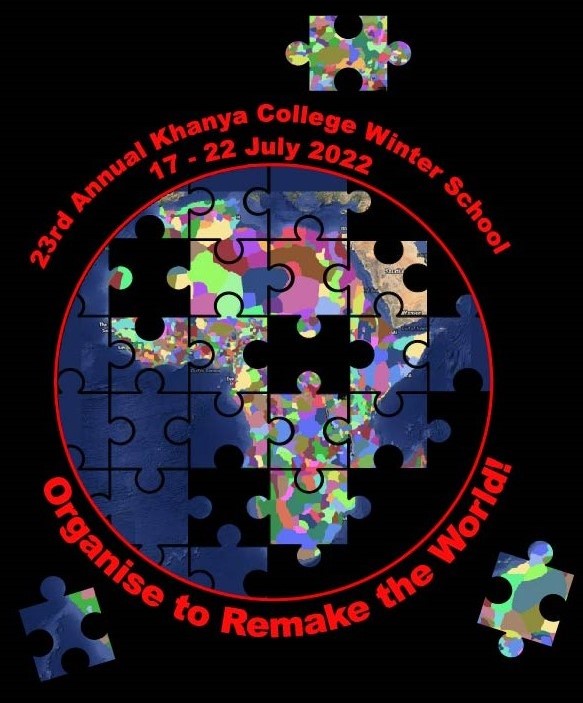South Africa has a lot of problems; alcoholism is right on top of the list. Alcohol has led to many tragic events, the recent one being the deaths of 21 teens between the ages of 13 – 17 at Enyobeni Tavern, in Scenery Park, East London, in the Eastern Cape. On 26 June, South Africans woke up to the tragic scenes splashed all over TV and social media. This brought back the issue of underage drinking and generally the problems with alcohol back on the agenda. Some rightly blamed the alcohol while others blamed the parents for negligence. The Khanya Winter School, hosted a debate around this issue with the key question being ‘Should alcohol be banned or not?’. The participants were very divided, some believed that alcohol is not to be blamed for social issues, and in particular not to be blamed for what happened at Enyobeni, arguing that parents’ inability to control their children and people’s general inability to drink responsibly is the problem, not alcohol. They further argued that alcohol contributes to the Gross Domestic Product (GDP) and that banning alcohol will lead to job losses.
The other group argued that we cannot put the interests of capitalist profits above the well-being of our children and communities. The profits and the GDP do not even benefit the working class. The debaters and some audience argued that as activists, our primary concern should be the well-being of our community, especially since in the previous sessions on the sources of crisis for the working class, Comrades noted alcohol and its effects as one of the problems. Some argued that the working class will never be able to organize because organizing needs us to be sober-minded. The theme of the school, to remake the world, was put forward as the main argument for the pro-alcohol debaters, that it is up to us to remake the world, and that it takes a village to teach a child.
Ricco Tsesane who was part of the team who was against the alcohol ban said out of all the things the working class can focus on alcohol should not be one of them and that we should not try to blame alcohol for people behaving badly. Tshepiso Raseboku who was for the ban says she was very excited to be chosen to be one of the debaters mainly because she wanted to know different views from different people. Raseboku says she was very disappointed in some of the views from the audience but beyond her disappointment, she appreciated the active participation of the participants.
The crowd sealed it off with the majority voting for the ban on alcohol.
This article was submitted as part of the Imbila Yesu publication produced daily for the duration of the Winter School in 2022 (17-22 July 2022). It appeared in Edition No. 1, released on 22 July 2022.
You may republish this article, so long as you credit the author and Karibu! Online (www.Karibu.org.za), and do not change the text. Please include a link back to the original article.


 Download PDF
Download PDF